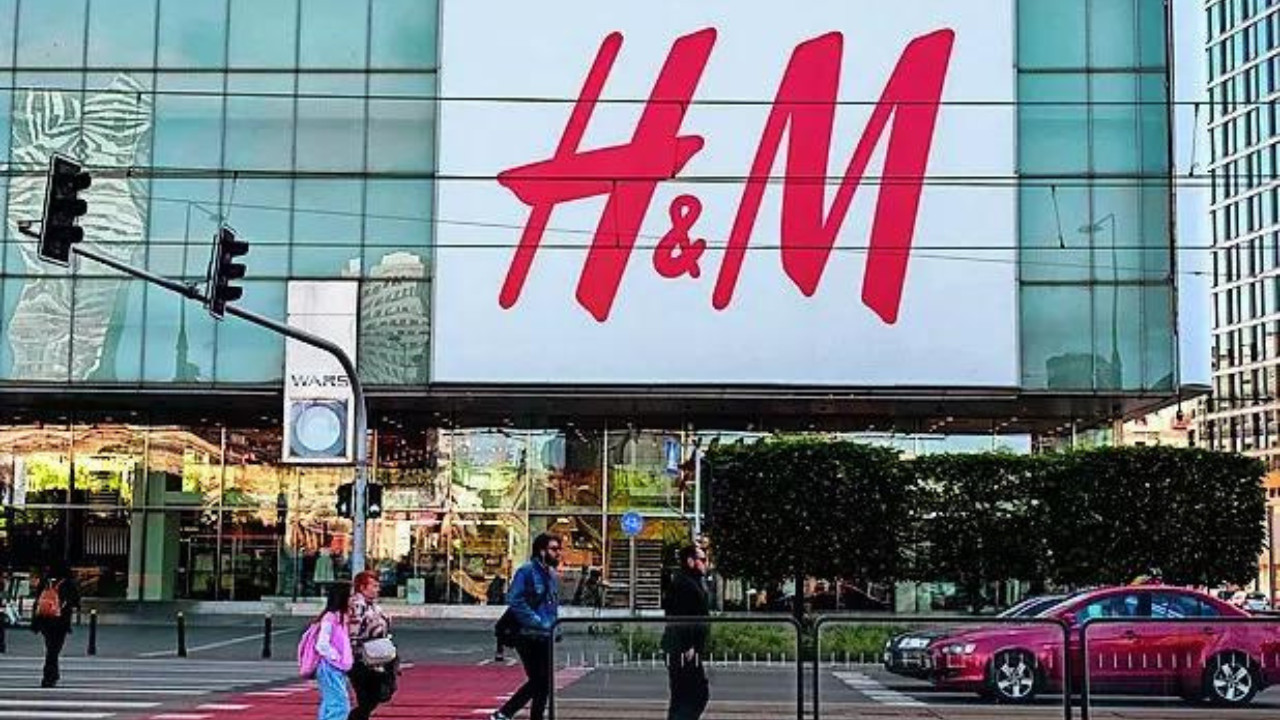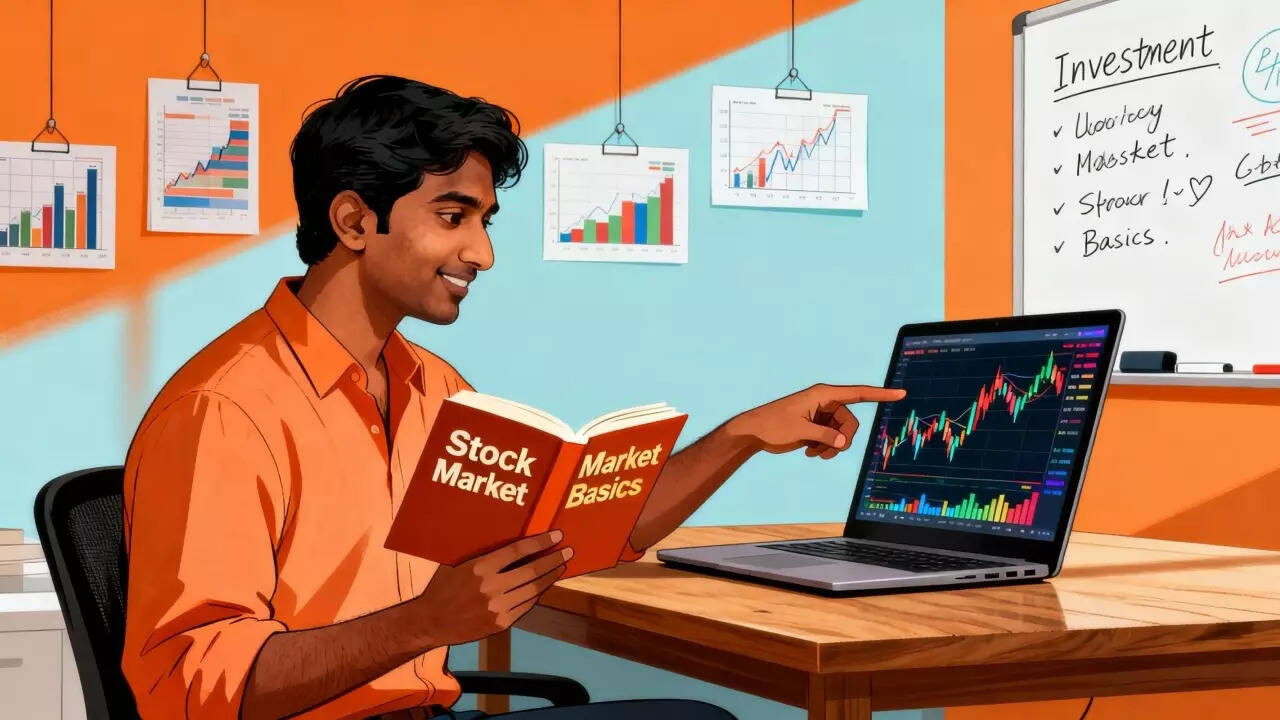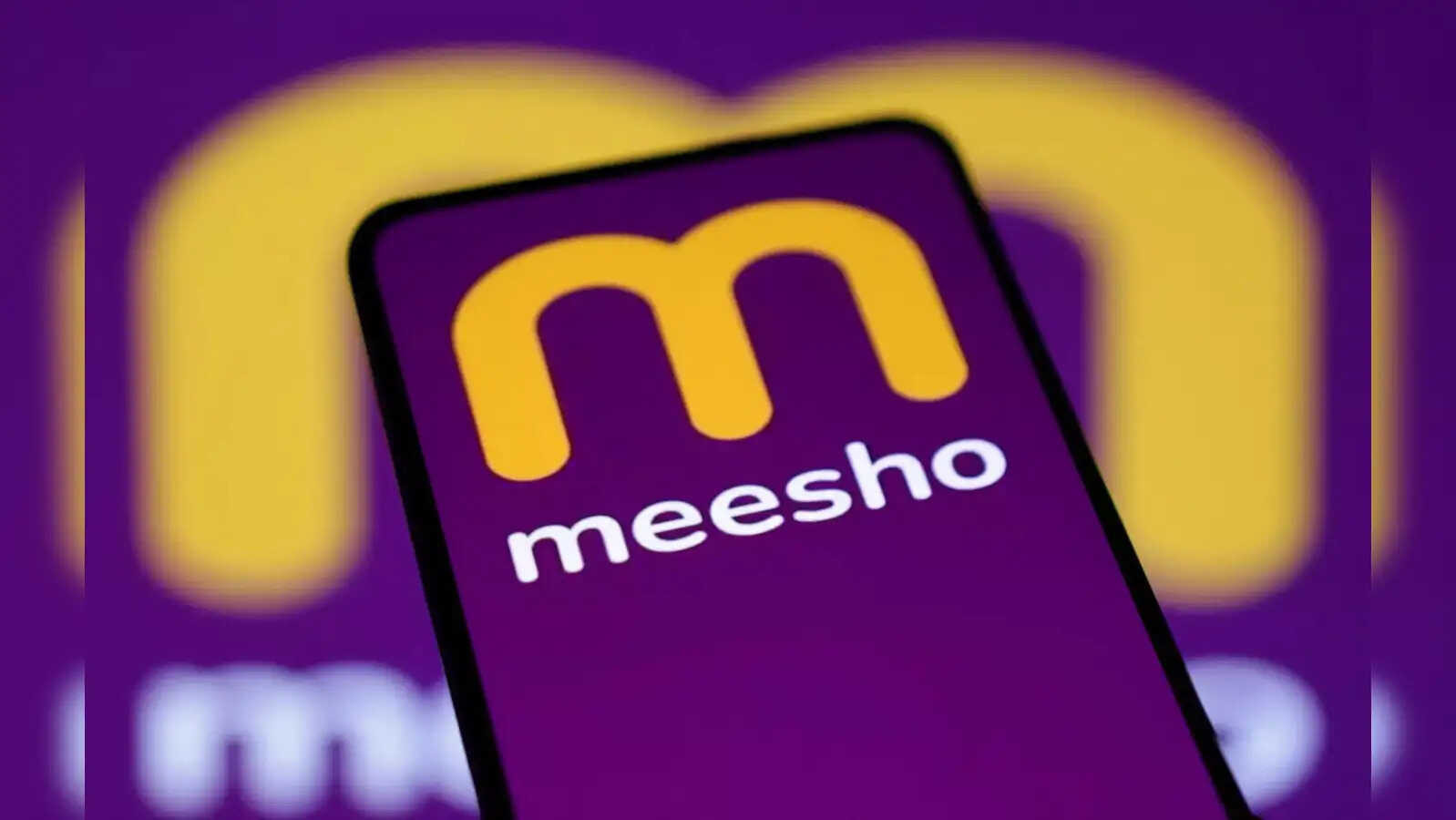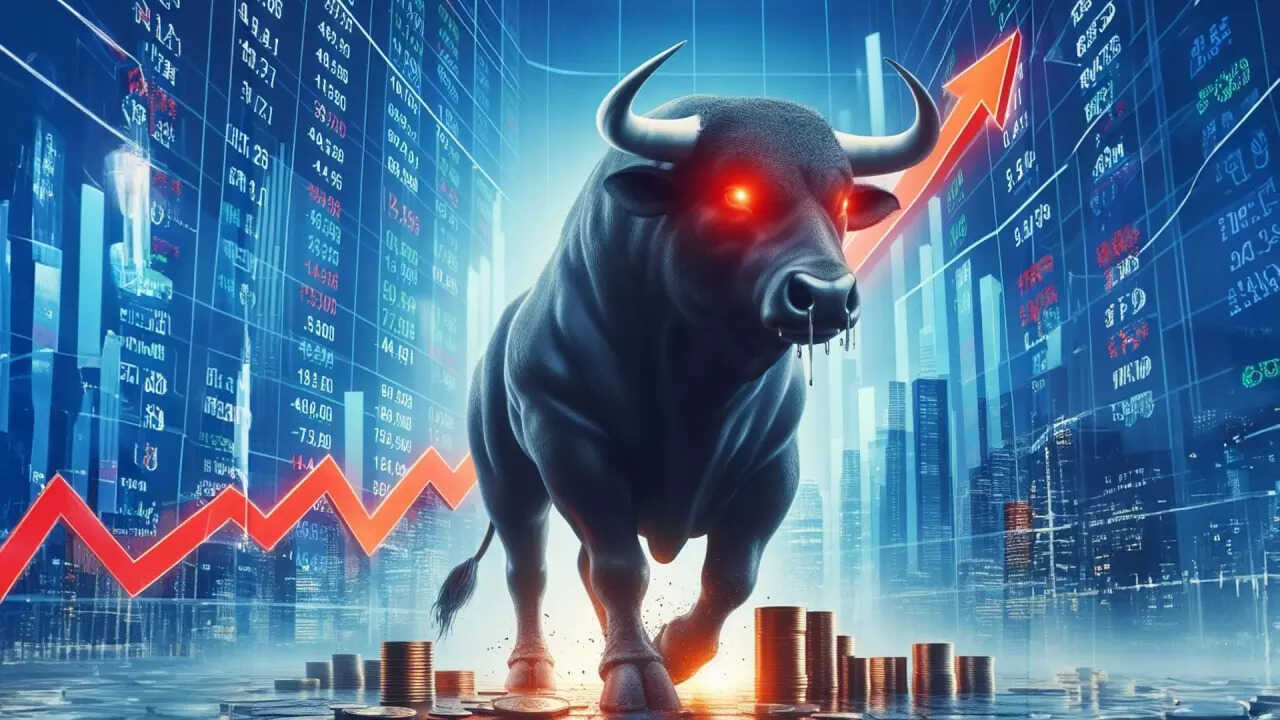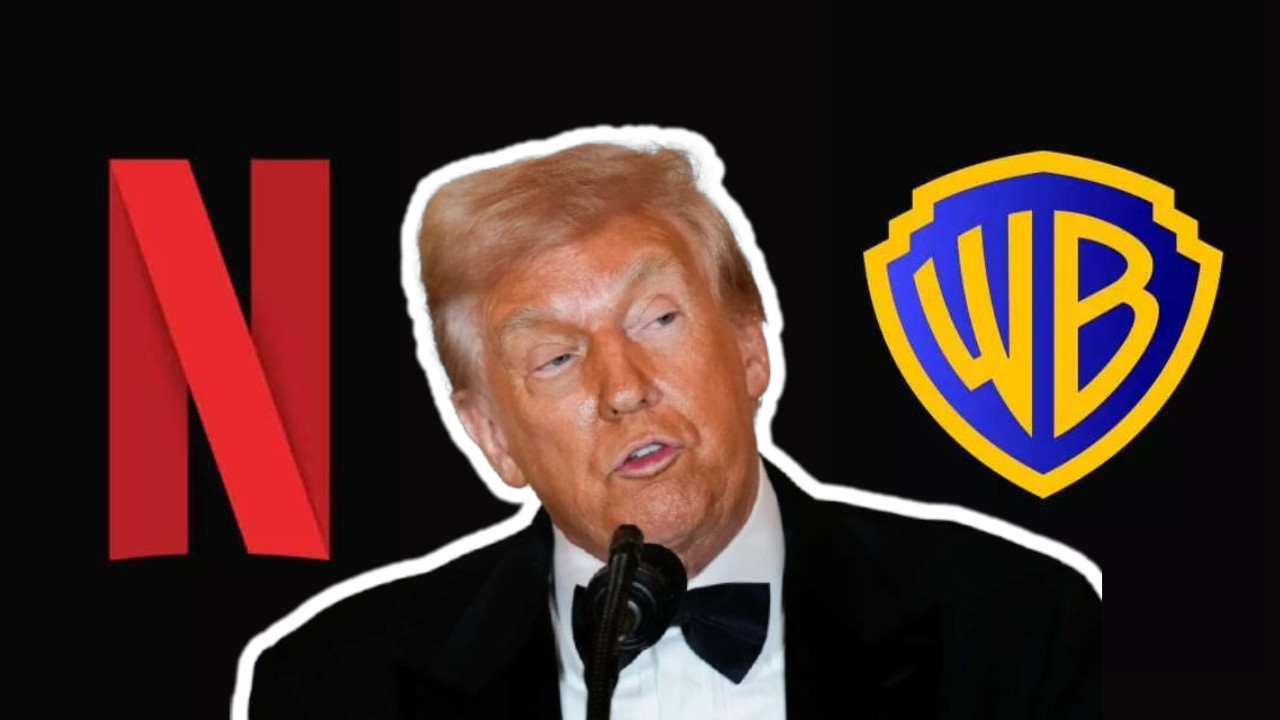H&M, a publicly traded company since 1974, is witnessing a significant shift towards private ownership as the Persson family, its founders, have aggressively increased their stake. Since 2016, they’ve invested over $6.6 billion, raising their control to almost 64%. This substantial accumulation fuels speculation about a potential move to take the fast-fashion retailer private, despite the family’s denials.
H&M: Is This More Than Just a Spring Clean? The Persson Family Seems to Think So.
Okay, let’s talk about H&M. We all know the brand, right? It’s that place you duck into for a last-minute outfit, where you find a surprisingly stylish bargain, or sometimes, admittedly, where you wade through a chaotic sale rack. But lately, there’s been more going on behind the fast fashion curtain than just seasonal collections and celebrity collaborations. There’s something… deliberate happening.
And it centers around the Persson family, the folks who practically are H&M. It appears they’ve been subtly, quietly, but persistently, upping their stake in the company. They haven’t exactly been shouting it from the rooftops, no flashy press conferences or viral TikTok announcements. Instead, it’s been a slow, methodical acquisition of shares over the past few months. We’re talking about the controlling family here – this isn’t your average retail investor dipping their toe in.
So, what gives?
Now, I know what you might be thinking: family bolstering its holding, business as usual. But consider the timing. H&M, like many retailers, has been navigating a pretty turbulent sea. Inflation is biting, consumer confidence is wavering, and the whole sustainability conversation is getting louder and louder. It’s a challenging landscape for any fashion giant, let alone one that built its empire on affordable trends.
Could this be a simple act of faith? A vote of confidence from the people who know the inner workings of the company better than anyone else? Absolutely. It’s easy to imagine the Persson family, seeing temporary dips in the market, viewing this as an opportunity to solidify their control and scoop up shares at a relatively lower price. This, in itself, would be a pretty smart move.
But I suspect it’s more nuanced than that.
Think about it. H&M has been making some pretty significant shifts in its strategy. They’re talking more about sustainability, focusing on higher-quality materials, and even experimenting with circular fashion initiatives. Remember that whole conscious collection that was rolled out some time ago? The clothes were made with more environmentally friendly processes and materials. It was a step in the right direction. These are not just empty promises. The brand is making strides to prove they are becoming more environmentally friendly.
Perhaps the Perssons see a future where H&M isn’t just about churning out trends at lightning speed, but about building a more responsible and resilient business. This quietly-bought stock could symbolize the faith in the brand’s new direction.
It’s a long-term play, a bet on the company’s ability to adapt and thrive in a rapidly changing world. They are not just buying shares; they are investing in the future, the long-term vision of the company. And a long-term vision would definitely involve a more sustainable business model.
Then there’s the whole digital transformation piece. H&M has been investing heavily in its online presence, streamlining its supply chain, and using data analytics to better understand customer preferences. The pandemic, if anything, proved the importance of a strong digital presence, and H&M seems determined to be a major player in the online retail space. The Persson’s increased investment could be a reflection of their confidence in these technological upgrades as well. They could be looking to future proof the company.
And let’s not forget the power of family legacy. For the Perssons, H&M isn’t just a business; it’s a multi-generational project, a symbol of their entrepreneurial spirit. It’s a family name and it must be upheld. Protecting and nurturing that legacy is undoubtedly a powerful motivator.
So, what does this all mean for us, the average H&M shoppers?
Well, it could signal some interesting changes ahead. We might see a continued push towards more sustainable practices, a greater emphasis on quality and durability, and a more personalized shopping experience. Perhaps those chaotic sale racks will become a little less chaotic, and the whole H&M experience will become a bit more… curated.
Ultimately, the Persson family’s quiet share-buying spree feels like a strategic move, a carefully considered investment in the future of H&M. It’s a sign that they believe in the company’s potential to not only weather the current storm but to emerge stronger and more relevant than ever before.
While we might not see the immediate effects, it does hint at a long-term transformation happening beneath the surface of those affordable price tags and trendy displays. It’s a vote of confidence, not just in the present, but in the future, the kind of future where fast fashion isn’t quite so… fast. And honestly, that’s a future worth investing in.
📬 Stay informed — follow us for more insightful updates!
